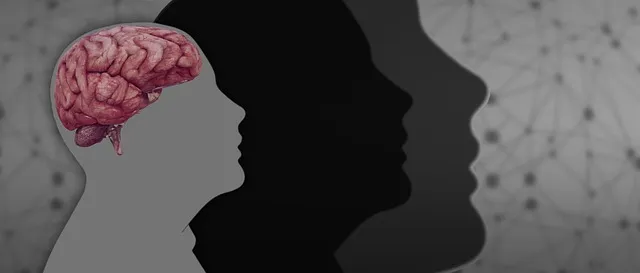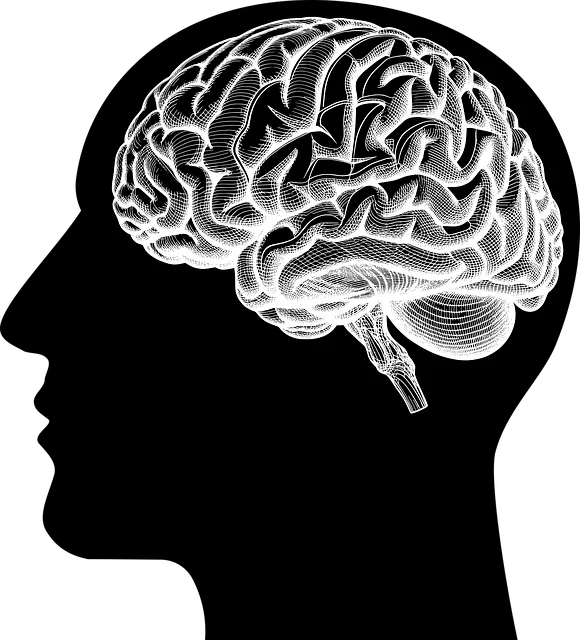Castle Rock Kaiser Permanente behavioral health services offers Social Skills Training as a vital component of comprehensive mental health care, empowering individuals to confidently navigate social situations through evidence-based techniques and cultural sensitivity. Their tailored programs include communication skills, relationship building, risk assessment, conflict resolution, and confidence-building strategies, fostering meaningful connections, improving well-being, and contributing to a more supportive community.
Social skills training is a powerful tool for managing mental health conditions, fostering connections, and improving quality of life. This article explores the vital link between social competence and mental well-being, highlighting the expertise of Castle Rock Kaiser Permanente behavioral health services in delivering effective programs. We delve into evidence-based strategies, real-world applications, and the transformative impact on individuals’ daily lives, offering insights into how these skills can revolutionize their interactions and overall mental health.
- Understanding the Connection Between Social Skills and Mental Health
- The Role of Castle Rock Kaiser Permanente Behavioral Health Services in Training
- Strategies and Techniques for Effective Social Skills Training
- Benefits and Impact on Daily Life: Real-World Applications
Understanding the Connection Between Social Skills and Mental Health

Social skills training plays a pivotal role in managing mental health conditions, and at Castle Rock Kaiser Permanente behavioral health services, we recognize this crucial connection. Effective communication, empathy, and social interaction are not just desirable traits; they are essential tools for coping with anxiety, depression, and other common mental health challenges. The interplay between social skills and mental wellness is profound: individuals with robust social skills often exhibit better stress management, a key component in maintaining emotional intelligence.
Compassion cultivation practices, a significant aspect of our training programs, teach individuals to approach their interactions with kindness and understanding. This fosters positive relationships, reduces social anxiety, and provides a safe space for practicing essential emotional intelligence skills. By integrating these techniques into treatment plans, Castle Rock Kaiser Permanente behavioral health services aim to empower individuals to navigate social situations with confidence, ultimately improving their overall mental health and quality of life.
The Role of Castle Rock Kaiser Permanente Behavioral Health Services in Training

Castle Rock Kaiser Permanente Behavioral Health Services plays a pivotal role in empowering individuals with mental health conditions to navigate social interactions more effectively. Their dedicated team offers specialized training programs designed to enhance communication skills, foster healthy relationships, and build resilience against societal challenges. Through these initiatives, they not only equip clients with practical tools but also promote self-esteem and confidence, enabling them to engage in social settings with newfound assurance.
The services extend beyond traditional therapy, delving into essential aspects like risk assessment for mental health professionals, conflict resolution techniques, and strategies for boosting confidence. By addressing these areas, Castle Rock Kaiser Permanente Behavioral Health Services ensures that individuals receive holistic support tailored to their unique needs. This comprehensive approach aims to revolutionize their social interactions, fostering a sense of belonging and overall well-being within the community.
Strategies and Techniques for Effective Social Skills Training

Social Skills Training is a vital component of comprehensive mental health care, and at Castle Rock Kaiser Permanente behavioral health services, we’ve pioneered innovative programs to address this need. Our experts design tailored Mental Health Education Programs that go beyond traditional therapy. We recognize that effective social skills training requires a multifaceted approach, integrating evidence-based techniques with cultural sensitivity in mental healthcare practice.
The process involves teaching practical strategies for communication, empathy development, and conflict resolution, fostering an environment of compassion cultivation practices. By combining group sessions, role-playing exercises, and real-world applications, we empower individuals to navigate social interactions with confidence and grace. These skills are crucial for building supportive relationships, managing stress in social settings, and enhancing overall well-being.
Benefits and Impact on Daily Life: Real-World Applications

Social skills training plays a pivotal role in enhancing the lives of individuals with mental health conditions. Beyond providing coping mechanisms and therapeutic support, it empowers people to navigate social environments with confidence and ease. This, in turn, fosters meaningful connections, improves communication, and boosts self-esteem.
At Castle Rock Kaiser Permanente behavioral health services, we understand that effective social skills training goes beyond the clinical setting. Its real-world applications are profound, impacting daily life and overall mental wellness. Through innovative programs and tailored strategies, we equip individuals with the tools necessary to engage in public awareness campaigns, develop empathy building strategies, and thrive in diverse social contexts. This holistic approach not only enhances individual growth but also contributes to a more supportive and inclusive community.
Social skills training, backed by professionals like Castle Rock Kaiser Permanente behavioral health services, is a powerful tool for enhancing mental well-being. By understanding the intricate link between social interaction and mental health, this approach offers practical strategies to improve daily life. The techniques outlined, when applied consistently, can lead to significant positive changes, fostering healthier relationships and overall better coping mechanisms. This evidence-based practice is transforming lives, proving that nurturing social skills is a vital component of comprehensive mental health care.






